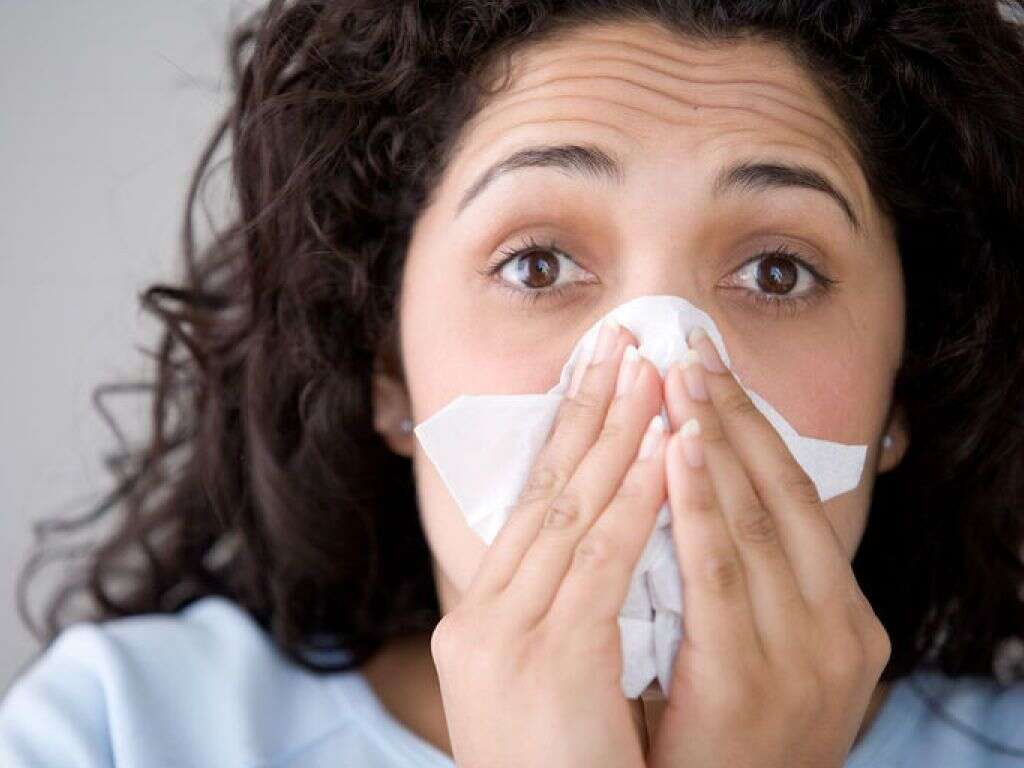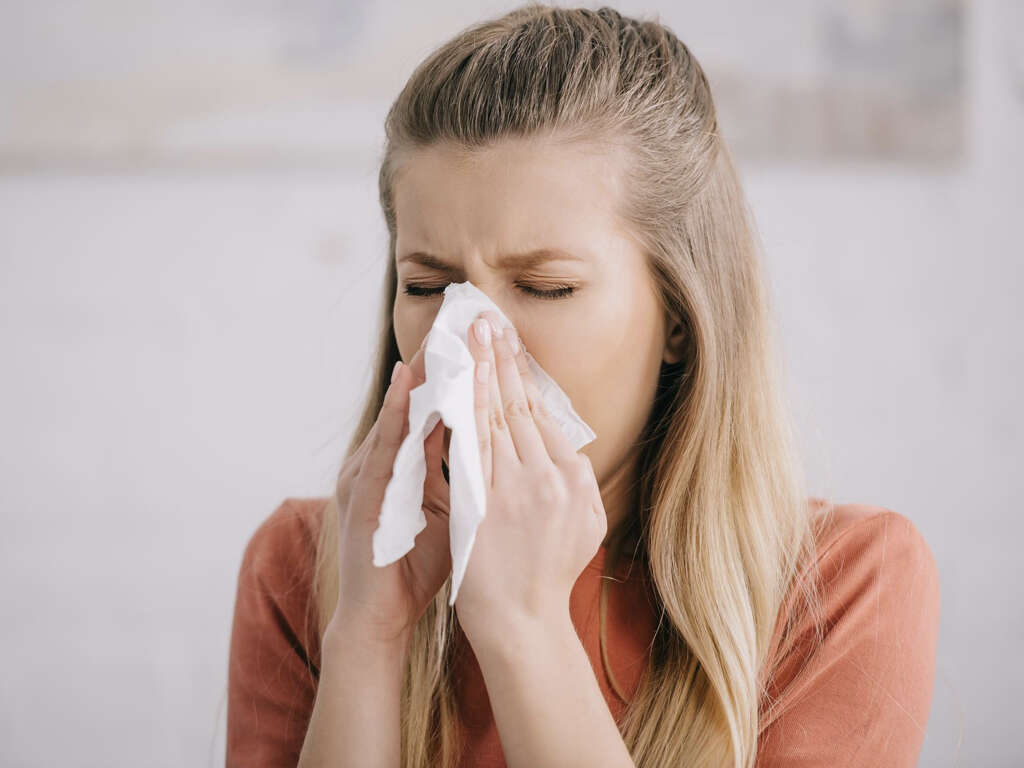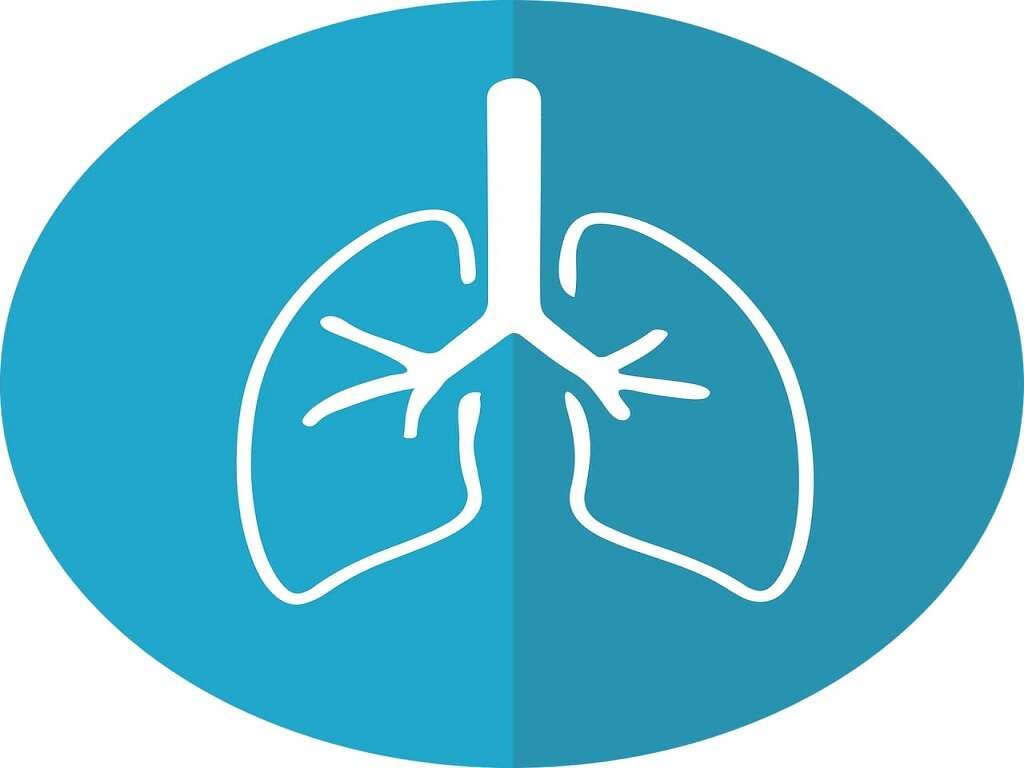10 Hypersensitivity Pneumonitis Symptoms
 Article Sources
Article Sources
- 1. 'Hypersensitivity Pneumonitis.' A Non-Profit Hospital in Los Angeles | Cedars-Sinai, 8 2020, www.cedars-sinai.org/health-library/diseases-and-conditions/h/hypersensitivity-pneumonitis.html
- 2. 'Hypersensitivity Pneumonitis.' NHLBI, NIH, www.nhlbi.nih.gov/health-topics/hypersensitivity-pneumonitis
- 3. 'Hypersensitivity Pneumonitis.' Cleveland Clinic, my.clevelandclinic.org/health/diseases/17898-hypersensitivity-pneumonitis
- 4. 'Clubbing of the Fingers or Toes.' Mount Sinai Health System, www.mountsinai.org/health-library/symptoms/clubbing-of-the-fingers-or-toes
Cough
A person whose lungs frequently swell due to contact with allergens may notice a persistent cough. Chronic hypersensitivity pneumonitis symptoms commonly include a dry cough that won't go away. Over time, this cough may become more serious as the lungs become damaged by repeated reactions.3‘Hypersensitivity Pneumonitis.’ Cleveland Clinic, my.clevelandclinic.org/health/diseases/17898-hypersensitivity-pneumonitis
In some cases, a person may cough up sputum or mucus. Pulmonary fibrosis, or scarring of the lungs, can occur over time with repeated exposure to the allergen and lead to lifelong health complications.1‘Hypersensitivity Pneumonitis.’ A Non-Profit Hospital in Los Angeles | Cedars-Sinai, 8 2020, www.cedars-sinai.org/health-library/diseases-and-conditions/h/hypersensitivity-pneumonitis.html
Advertisement










